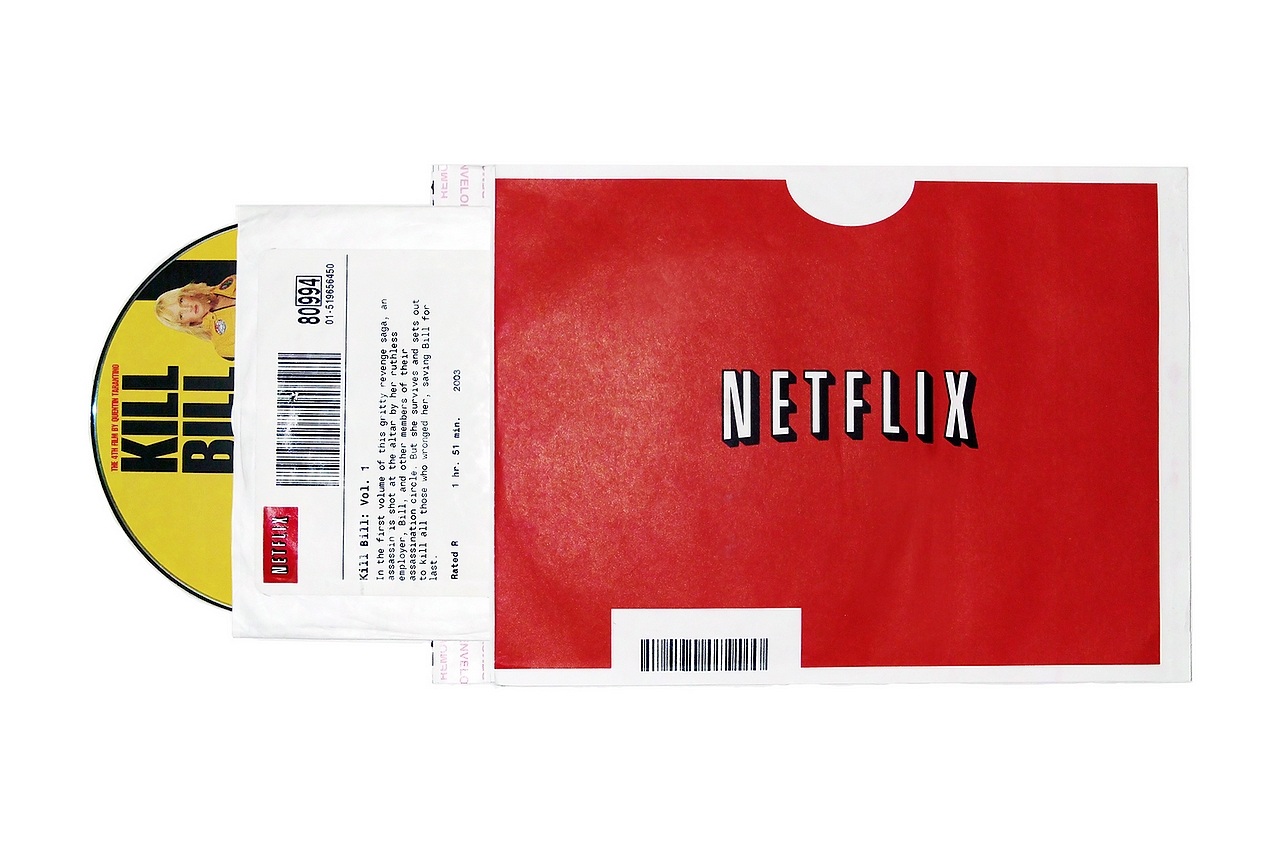 Just a little more than a decade ago, most people were familiar with Netflix as the company from which you could rent DVD’s (pre-BlueRay) and possibly never return them. At the time of its IPO, the company only boasted some 600,000 members stateside. Then, with the rise of technology and a virtual shift in the ways which people consume media, the company almost went bankrupt. Today, however, the company’s valued at nearly $27 billion, and has, for all intents, changed everything about the way we entertain ourselves. Here’s how.
Just a little more than a decade ago, most people were familiar with Netflix as the company from which you could rent DVD’s (pre-BlueRay) and possibly never return them. At the time of its IPO, the company only boasted some 600,000 members stateside. Then, with the rise of technology and a virtual shift in the ways which people consume media, the company almost went bankrupt. Today, however, the company’s valued at nearly $27 billion, and has, for all intents, changed everything about the way we entertain ourselves. Here’s how.
One of the first things the company did was switch the focus of the product to streaming movies versus renting them. This proved to be lucrative for the company, considering that most people interested in a particular movie probably want to watch it within the next hour opposed to within the next week. The understanding of this concept, particularly in the face of often illegal movie streaming sites, was a huge boost not only for the company but for Hollywood as well, which could no longer depend on VHS sales or even box office, since more individuals had devices from which they could see a movie in the comfort of their home. This transition exemplified the prescience and inventive nature of this young company, but it was only a foreshadowing of what was to come.
Presently, Netflix is known for its original works as a studio, with popular, award-winning shows like Orange is The New Black and House of Cards, among others. These new ventures have completely changed the television landscape. It’s not uncommon for people to spend hours or days consuming a full season of a particular show–the company uploads entire seasons to its platform for its customers to watch at their discretion–or what some call binge-watching. Subsequently, its direct competitors Hulu and, now, Amazon have ramped up their content in an effort to win over subscribers no longer satisfied with status-quo TV, such as that offered by network and cable programming. But that is changing as well.
In a recent article, the Business Insider details changes that companies like Fox, Viacom and Time Warner are making to effectively win back primarily younger customers. Those changes have included showing less commercials, which would seem taboo in the world of advertising, and in direct opposition to the companies’ objectives: to make profit. However, there is a consensus that consumers have different expectations for television, and in order to please, one would have to accommodate.
That isn’t all, however. Netflix and sites like it aren’t just showing less commercial ads, they’re actively and arguably producing better content. In a recent talks with Bloomberg, producer Kathleen Grace talks about “The Netflix Effect,” and how the company’s focus on better content has resulted in the entire industry seeking the best of the best, in terms of writing, stories and production, to compete for the limited time most consumers are now willing to give a program.
Netflix has already changed the world of TV and shows no signs of stopping. In fact, its recent venture into the movie world will prove just how powerful the company is and ultimately drive a similar level of competition as we’ve seen with networks. Perhaps the company is moving to a place where it will show only original content. Far fetched as it may seem, Netflix has already shown that impossible is nothing; we’ll just have to wait and see.
